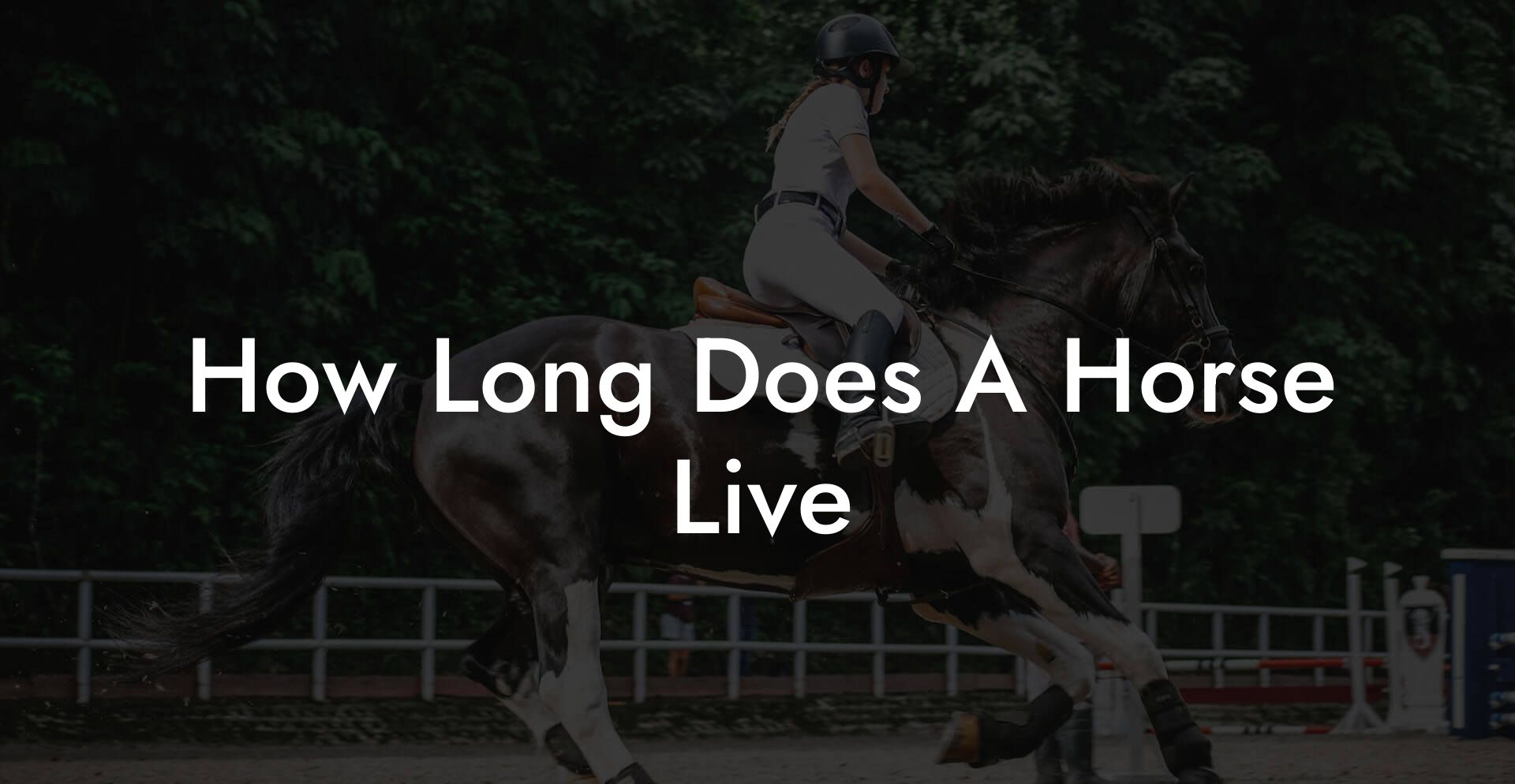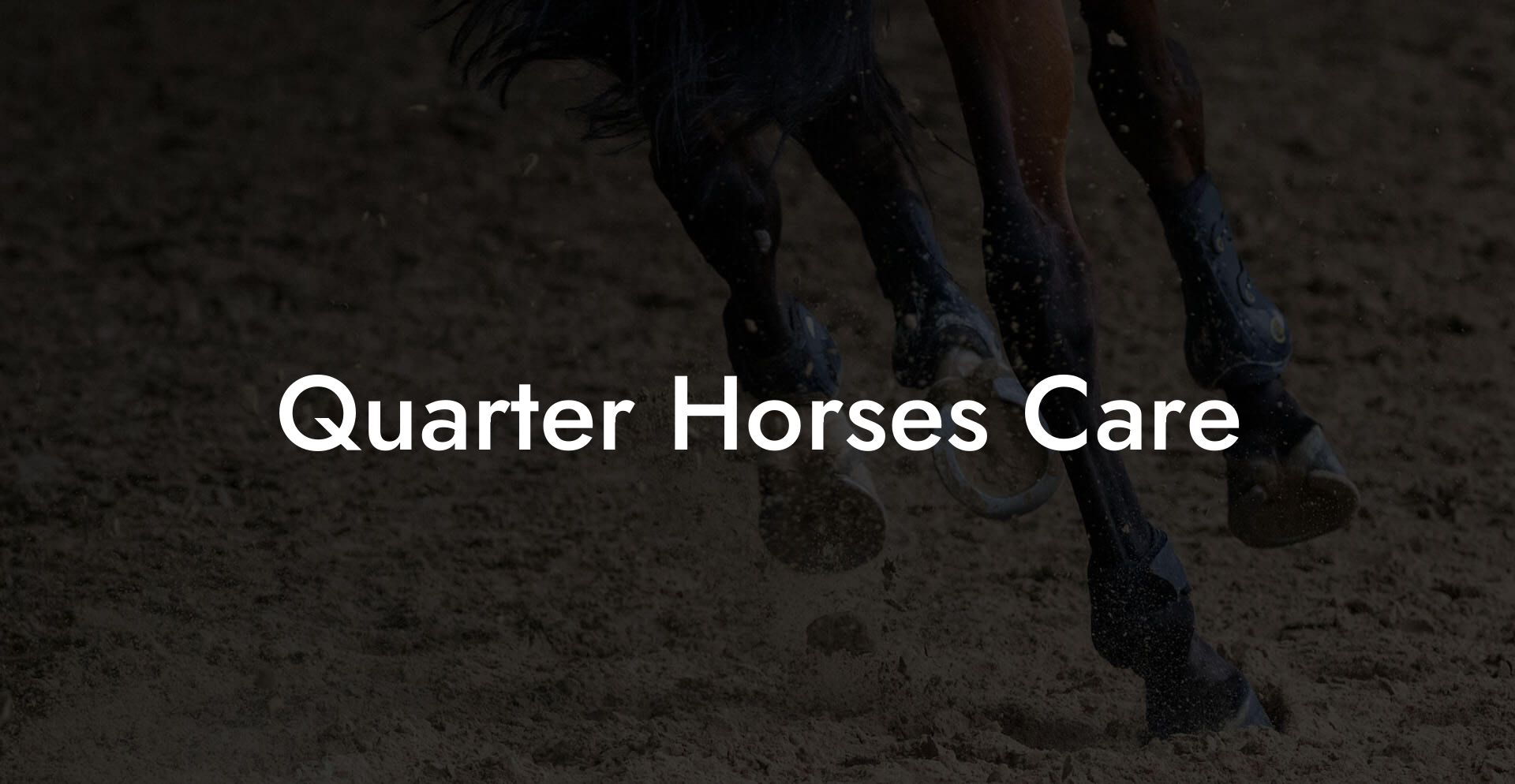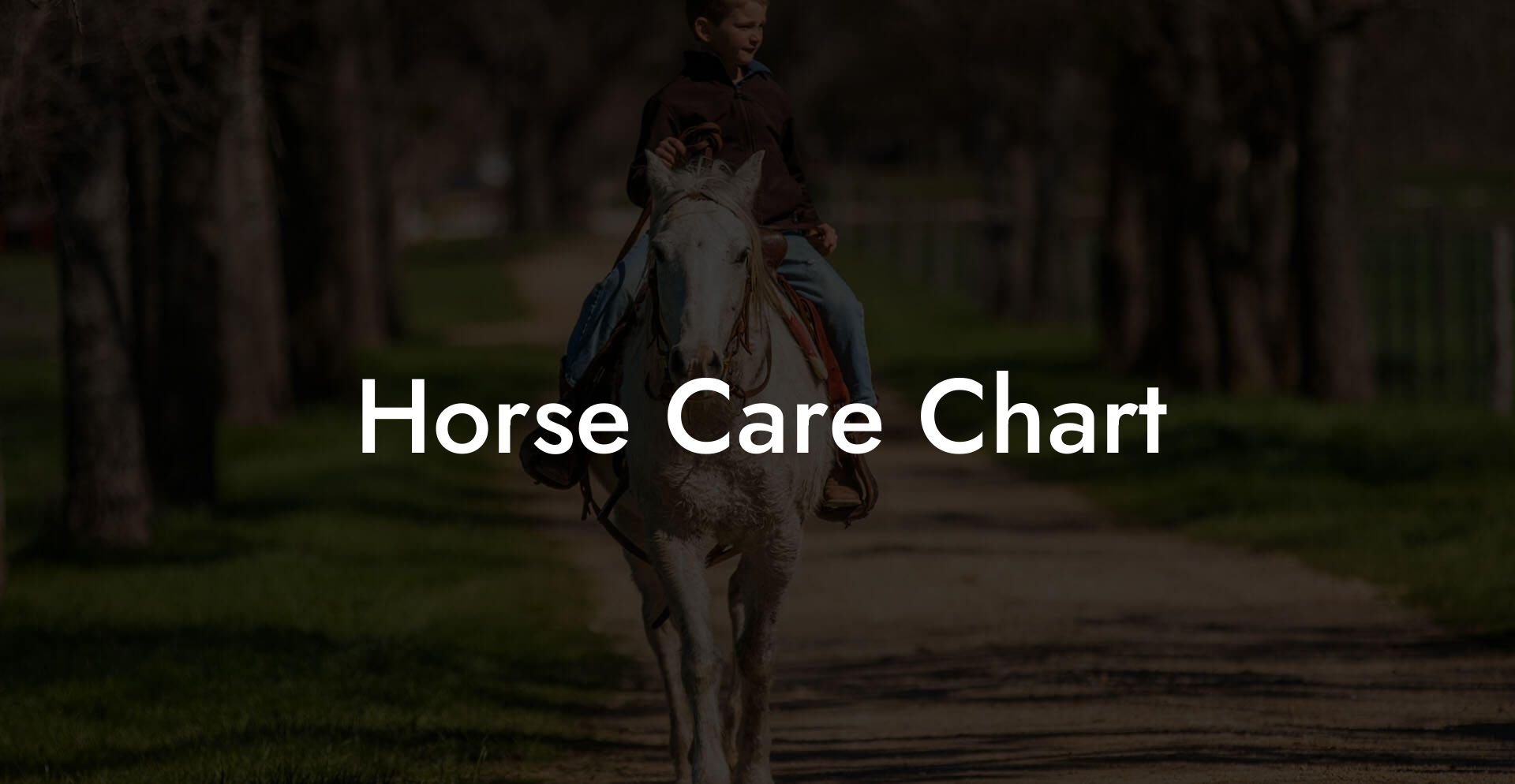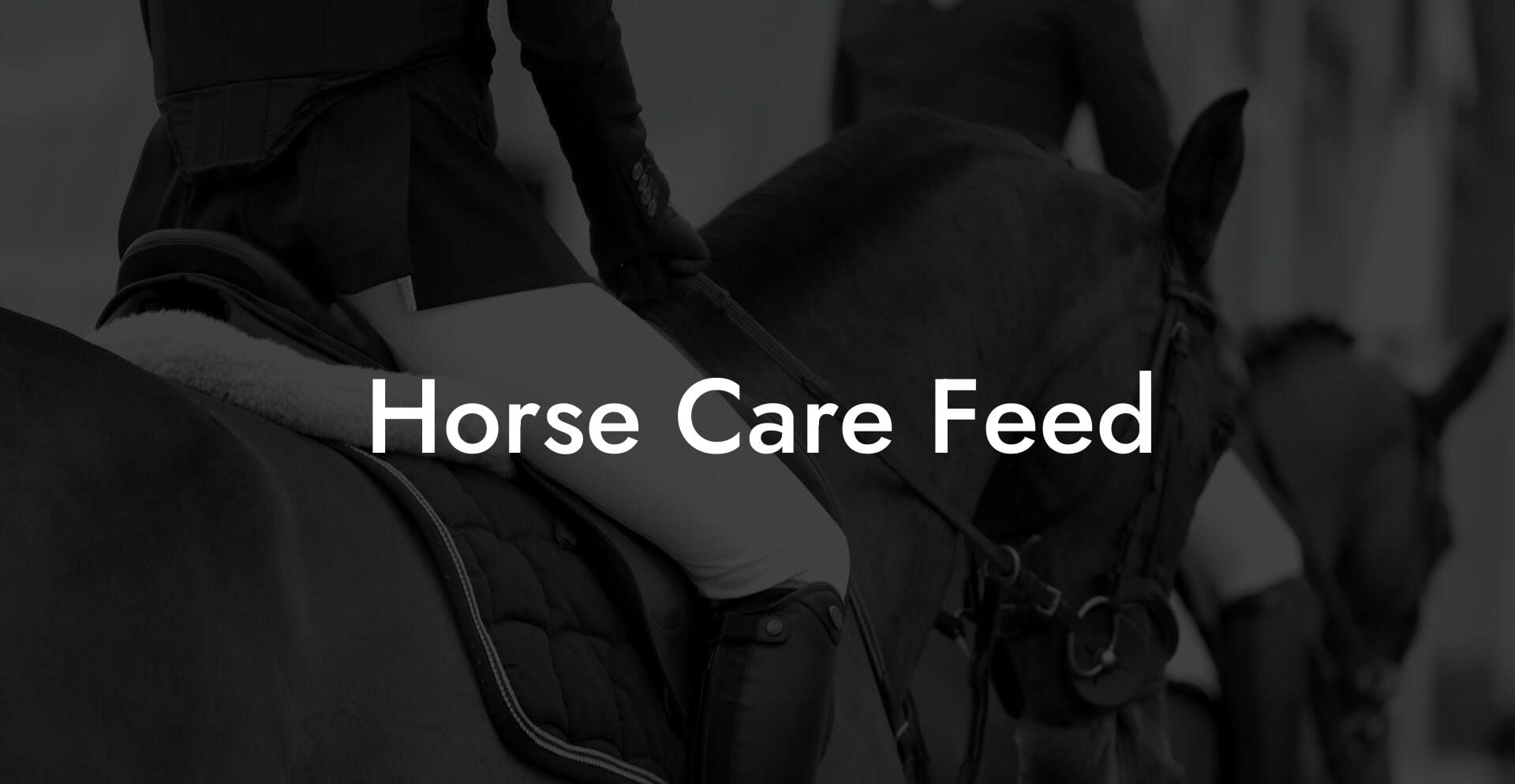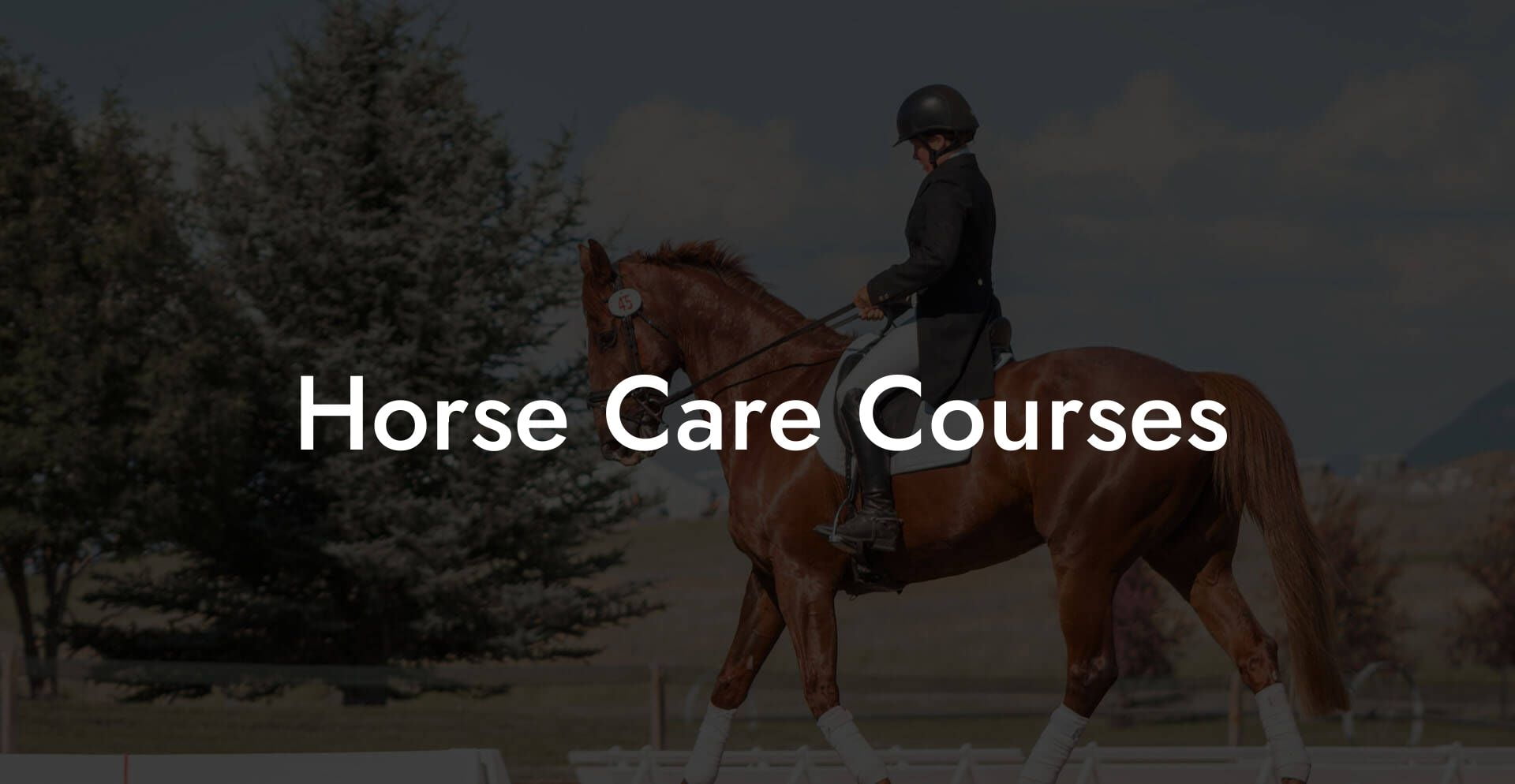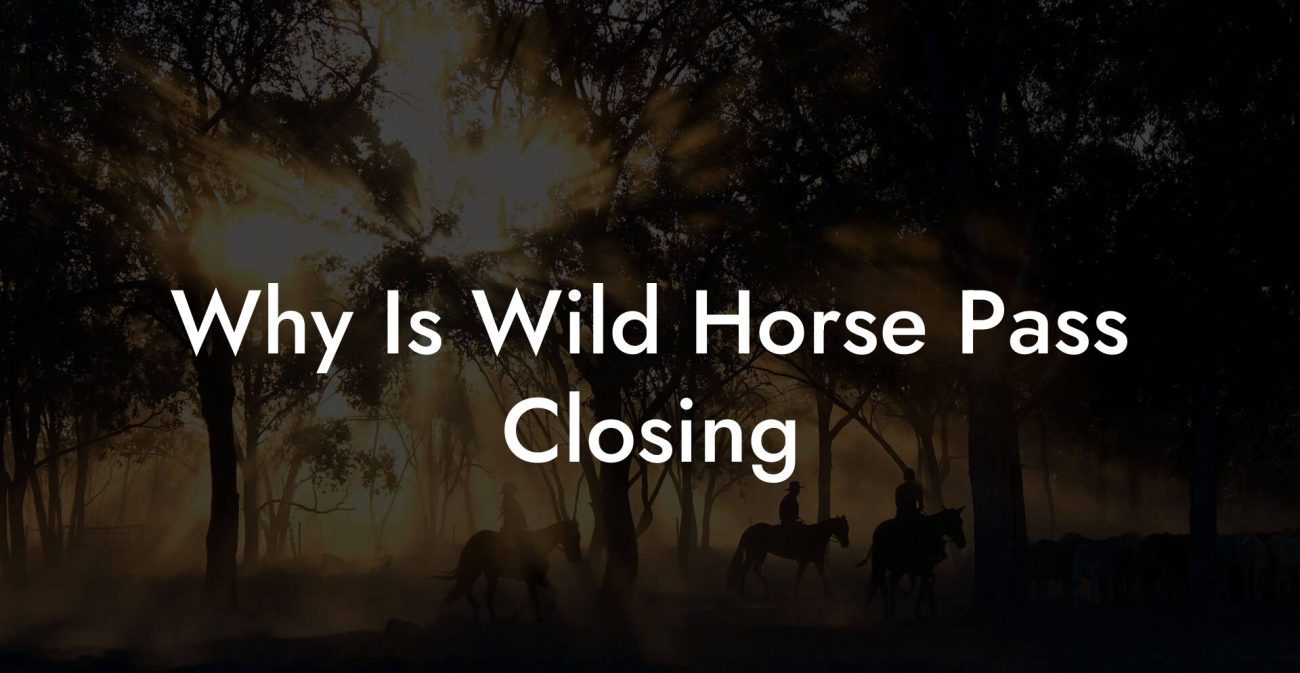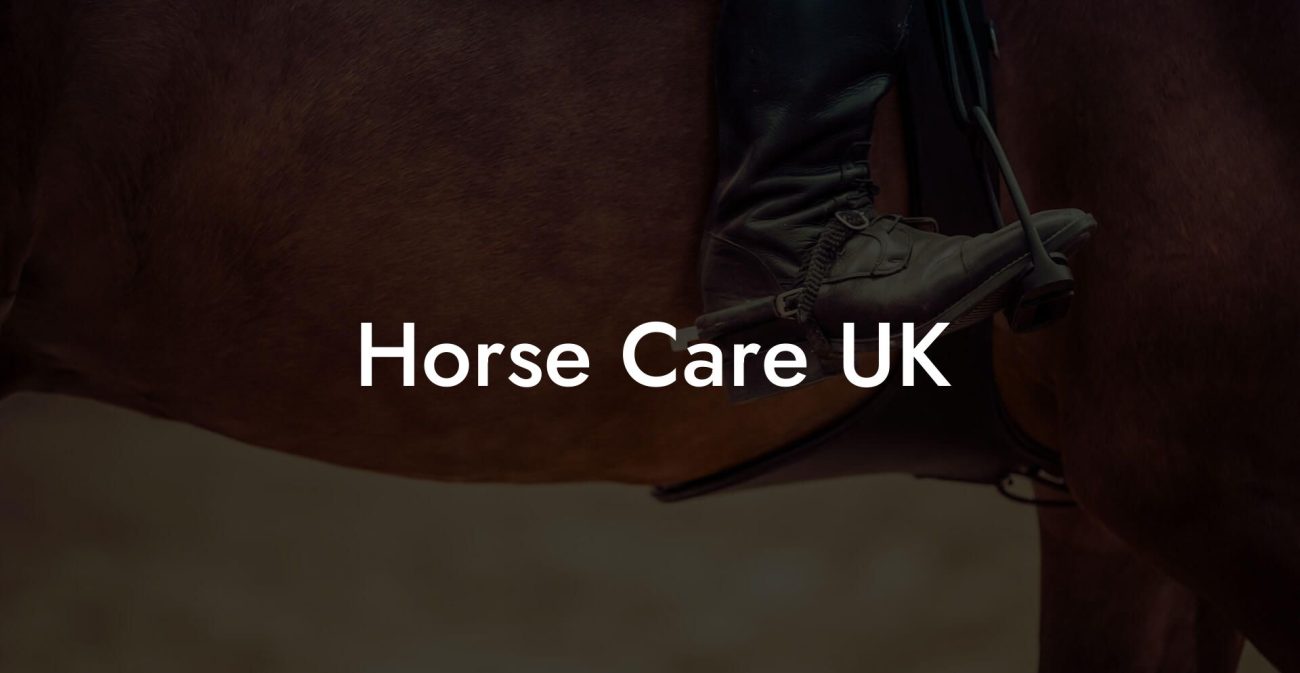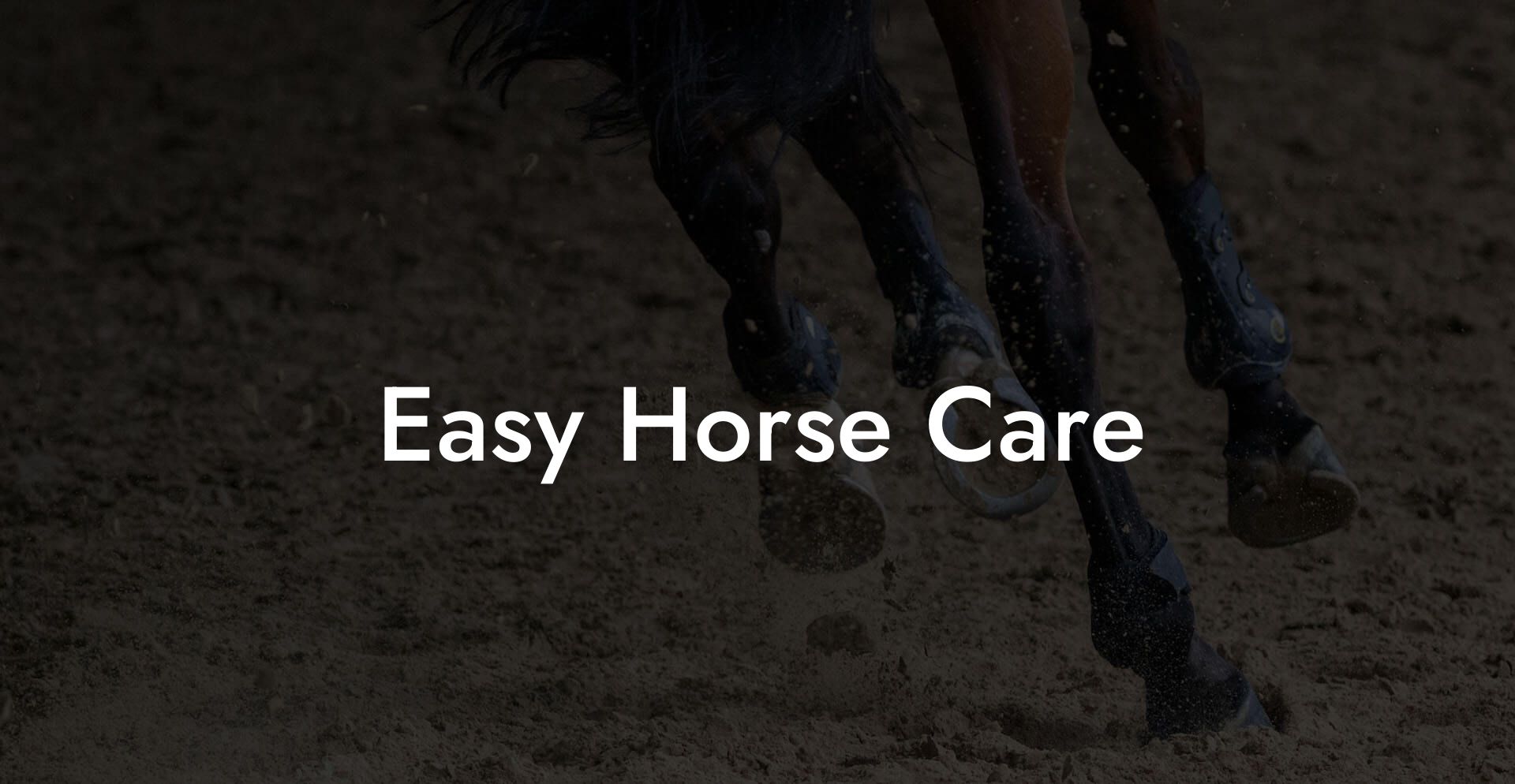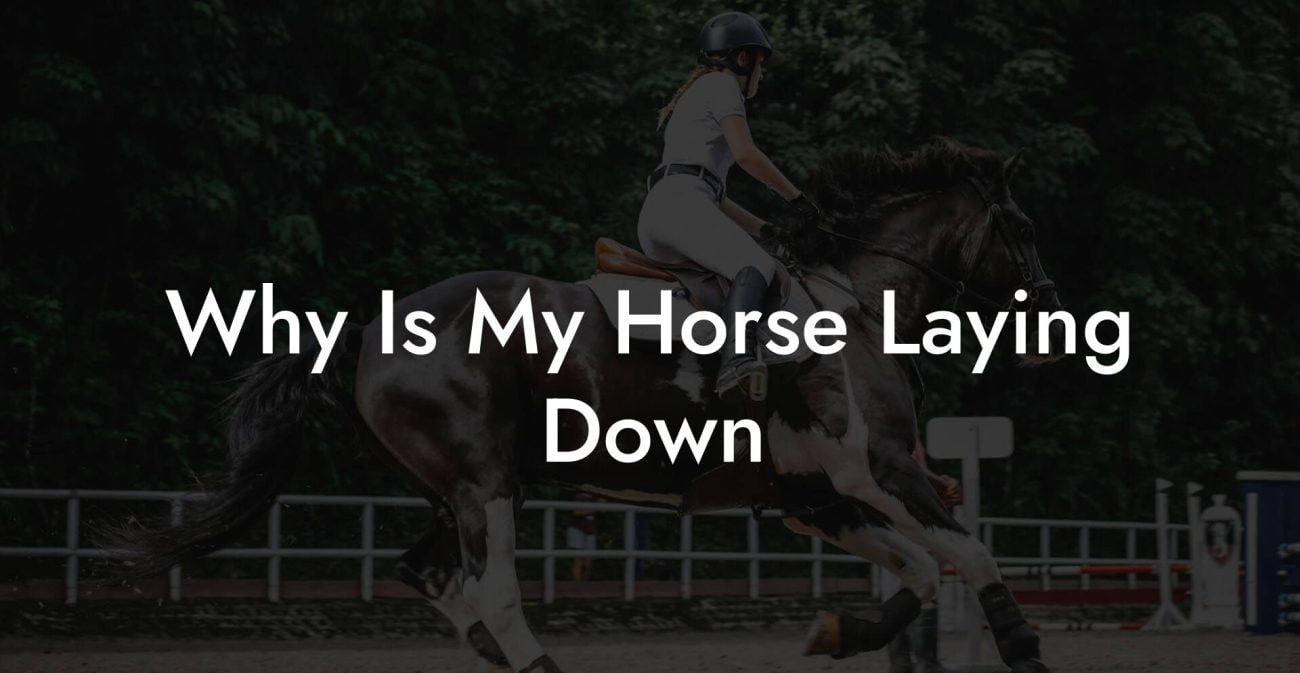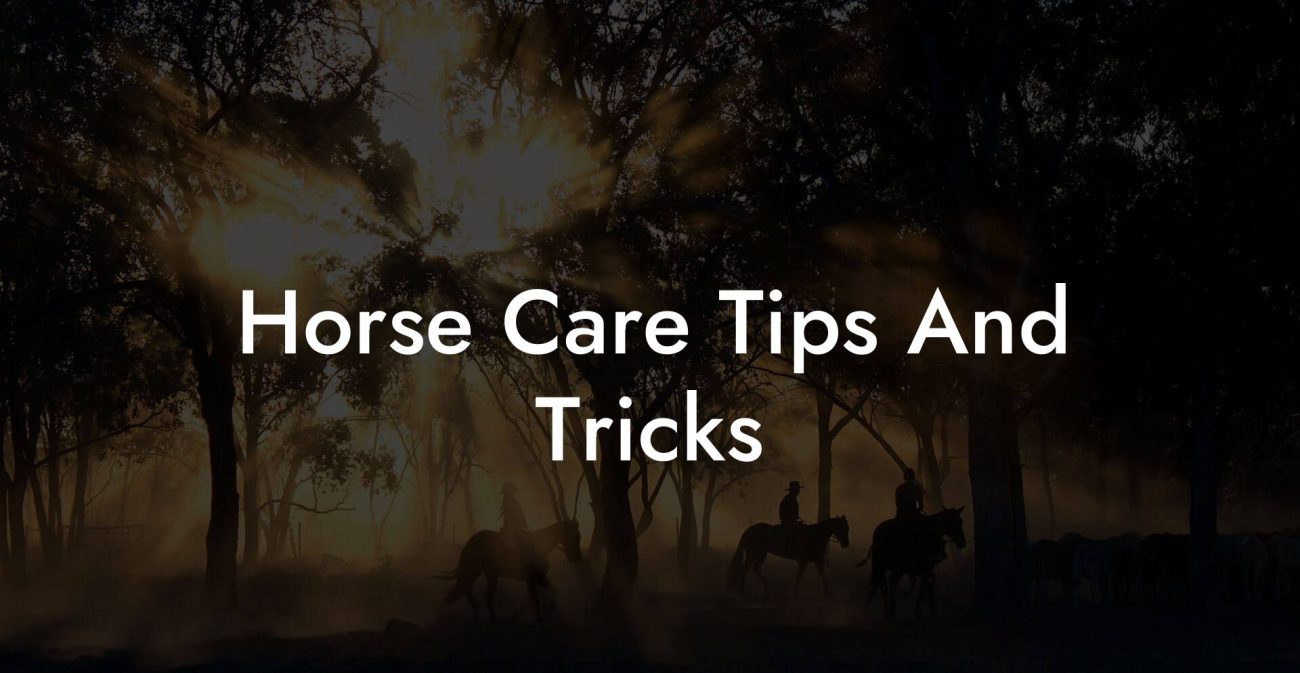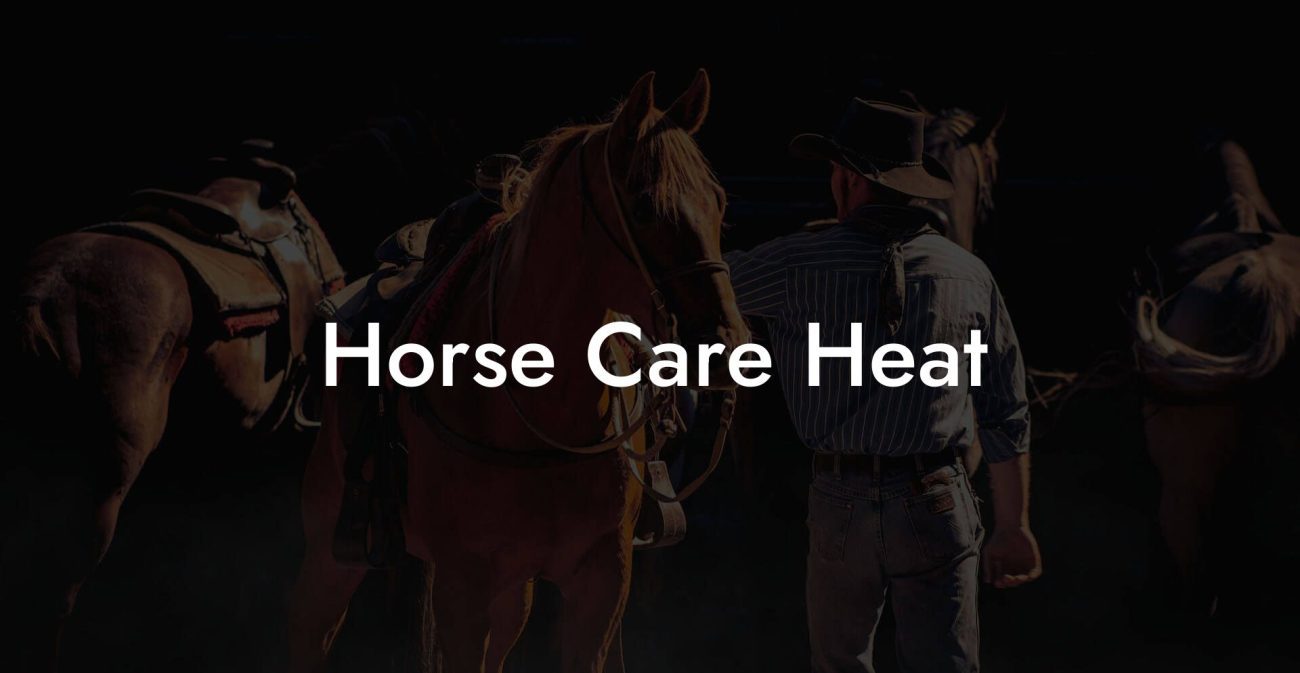Horses aren’t just about power and grace, they’re living legends with heart and soul, and a lifespan that tells an epic tale of endurance, care, and legacy. Ever wondered how long does a horse live? Get ready to saddle up for an in-depth ride through the fascinating world of equine longevity. In this guide, we’ll explore everything from the genetics behind their longevity to the practical horse care tips that keep your equine buddy thriving. Whether you’re a seasoned horse owner or a curious Gen-Z equestrian enthusiast, this page is your ultimate resource for understanding how to boost your horse’s quality of life and celebrate every gallop along the way.
Quick Links to Useful Sections
- Understanding the Equine Lifespan: A Snapshot
- Key Factors That Influence a Horse's Lifespan
- Genetics and Breed Specifics: The Blueprint of Longevity
- Breed Characteristics Matter
- Inherited Health Conditions
- The Role of Nutrition: Fueling a Long, Vigorous Life
- High-Quality Forage – The Foundation of Equine Diets
- Grains and Concentrates: Balancing Energy Needs
- Water: The Elixir of Life
- Preventative Veterinary Care: A Stitch in Time Saves Ninety
- Regular Check-Ups and Vaccinations
- Managing Parasites and Internal Health
- Mental Health and Social Enrichment: Caring for the Equine Soul
- Social Interaction and Companionship
- Environmental Enrichment and Stress Reduction
- Environmental and Lifestyle Factors: The Equine Surroundings
- Shelter and Comfort: A Safe Haven
- Pasture Management and Outdoor Time
- Real-Life Equine Stories: Lessons from the Stable
- The Legendary Silver: An Arabian’s Journey
- Blue Thunder: Overcoming Chronic Health Challenges
- The Social Butterfly: A Tale of Barnyard Camaraderie
- Modern Equine Care: Technology, Trends, and Tomorrow
- Wearables and Health Monitoring
- Sustainable Practices in Equine Management
- Emerging Therapies and Veterinary Innovations
- Resources and Community Support: Your Next Steps
- Equine Longevity in the Digital Age: Expert Tips and Tricks
- FAQ: Your Burning Questions on Equine Lifespan Answered
- Your Path to a Long, Happy Equine Journey
Understanding the Equine Lifespan: A Snapshot
When it comes to answering the big question, “How long does a horse live?”, the answer isn’t one-size-fits-all. On average, most horses enjoy a lifespan of 25 to 30 years, but with optimal care and a bit of luck, many can live into their late 30s or even hit the big 40. Of course, your horse’s years are measured in more than just numbers, they’re a testament to the care, nutrition, and partnerships built over decades.
The lifespan of a horse is influenced by a blend of genetics, breed characteristics, environment, and lifestyle choices. Just like your favorite vintage sneaker, each horse’s story is unique, the bump and grind of daily care, the exercise routines, and even the social interactions at the stable all play a part in how long your equine companion will be around to steal the spotlight.
Get ready to dive into the details as we break down the many factors that influence equine longevity, and offer real-world insights on how to ensure your horse isn’t just living, but thriving.
Key Factors That Influence a Horse's Lifespan
Much like any living being, a horse’s lifespan is determined by a myriad of factors. Some elements can be controlled, while others are part of nature’s grand design. Let’s take a closer look at the key influencers of equine longevity:
- Genetics: Your horse’s breed and bloodline play a significant role. Some breeds, such as Arabians, are known for their stamina and longer lifespans, whereas larger draft horses might have a shorter life expectancy.
- Nutrition and Diet: A balanced diet rich in essential nutrients, from high-quality hay to a well-formulated grain mix, fuels your horse’s body, fortifies its immune system, and supports overall health.
- Exercise and Activity: Physical activity remains one of the best ways to stave off health issues. Regular exercise prevents obesity, boosts circulation, and keeps muscles and joints in top shape.
- Preventative Veterinary Care: Routine check-ups, vaccinations, dental care, and deworming can catch issues before they become big problems. Preventative care is the unsung hero of long, happy lives.
- Environmental Factors: The quality of shelter, pasture management, and exposure to extremes of weather can all impact overall health and longevity.
- Mental Health and Social Environment: Horses are social animals, and isolation can be stressful. A well-adjusted, enriched environment with plenty of social interaction keeps stress levels down and spirits high.
Understanding these factors is the first step toward crafting an individualized care plan. With the right mix of science and compassion, your horse will not only live a long life but will also fill every day with vitality.
Genetics and Breed Specifics: The Blueprint of Longevity
The genetic makeup of a horse is like a blueprint that influences every aspect of its life, including its longevity. Some breeds have been sculpted by centuries of selective breeding to maximize stamina, resilience, and overall health.
Breed Characteristics Matter
Arabian horses, for example, are renowned for their endurance and impressive lifespans, often living into their 30s. Thoroughbreds, on the other hand, are built for speed and performance, which can sometimes come at the cost of a shorter lifespan. Draft horses, with their robust physiques, tend to have a different set of challenges and might not live as long as their lighter counterparts.
Your horse’s breed can serve as an excellent starting point for understanding its potential longevity. However, while genetics provides a foundation, it’s the combination with top-tier care that truly unlocks a horse’s lifespan potential.
Inherited Health Conditions
Just like in humans, inherited conditions can affect horses too. Some breeds are predisposed to joint issues, heart conditions, or other hereditary ailments that later influence life expectancy. A proactive approach, like genetic screening and close monitoring, can help localize risks early. And remember: the better you understand your horse’s genetic background, the better you can tailor its care to avoid pitfalls.
With the right genetic insight and vigilant care, you can help mitigate risks and nurture a long, vibrant life for your equine friend.
The Role of Nutrition: Fueling a Long, Vigorous Life
Ever heard the saying, “You are what you eat”? When it comes to horses, this rings truer than ever. Nutrition is the backbone of equine health, and every bite counts toward longevity.
High-Quality Forage – The Foundation of Equine Diets
A high-quality hay or pasture is essential for your horse’s digestive system and overall well-being. Forages that are rich in fiber not only satisfy your horse’s need to graze but also maintain healthy gut function critical for nutrient absorption.
For both Gen-Z and millennial owners who appreciate whole-food lifestyles, consider the parallels between your choice of organic produce and your horse’s diet. Natural, unprocessed, and nutrient-dense, this isn’t just trendy, it’s necessary.
Grains and Concentrates: Balancing Energy Needs
While forage forms the base of a horse’s diet, grains and concentrates can provide concentrated sources of energy, especially for performance horses. The key lies in balance, too much grain can lead to digestive upset or metabolic issues, but the right amount can power your horse’s performance and recovery routines.
Modern equine nutrition also emphasizes timing, portion control, and the inclusion of supplements such as vitamins, minerals, and omega-rich oils to support joint health and coat shine.
Water: The Elixir of Life
It may sound elementary, but water is truly the elixir of life for horses. Adequate hydration is crucial for regulating body temperature, aiding digestion, and ensuring overall organ function. Always ensure your horse has access to fresh, clean water, especially in warmer climates.
In summary, viewing nutrition not as a chore but as an exciting opportunity to enhance your horse’s quality of life can transform feeding time into a rewarding ritual that supports long-term health and happiness.
Preventative Veterinary Care: A Stitch in Time Saves Ninety
When it comes to the lifespan of a horse, prevention is key. Routine veterinary care isn’t just a luxury, it’s an essential investment in your horse’s future.
Regular Check-Ups and Vaccinations
Just as you might head to your doctor for an annual physical, horses need regular check-ups to monitor their health. These visits help catch potential issues early, from dental concerns to lameness, before they evolve into something more serious.
Vaccinations guard against a host of infectious diseases, keeping your horse healthy and active. Regular dental care also plays a crucial role; good teeth mean better digestion, fewer stool problems, and overall increased comfort.
Managing Parasites and Internal Health
Parasite control is another cornerstone of preventative healthcare. Routine deworming schedules, adjusted to your horse’s specific needs and local parasite loads, can protect against gastrointestinal issues that could otherwise shorten your horse’s lifespan.
Embracing cutting-edge veterinary practices, such as advanced imaging, bloodwork, and even emerging telemedicine for equine care, ensures that your horse receives proactive care that can make the difference between a few extra years and a remarkably long, high-quality life.
Mental Health and Social Enrichment: Caring for the Equine Soul
It’s not all about physical health, a horse’s mental well-being is equally crucial to its longevity. Horses are highly social creatures that thrive on interaction, structure, and stimulation.
Social Interaction and Companionship
A horse kept in isolation or a barren environment may experience stress and depression, both of which can accelerate aging and increase vulnerability to illness. Providing ample opportunities for companionship, whether it’s other horses, gentle humans, or both, is essential.
Innovative barn designs, engaging toys, and regular turnout in spacious pastures can help alleviate boredom and foster friendships among stablemates. For a generation that values community and connection, think of your stable as a vibrant social network where every horse has a role to play.
Environmental Enrichment and Stress Reduction
Mental stimulation goes hand-in-hand with physical exercise. Enrichment activities such as puzzle feeders, varied terrain for grazing, or even interactive grooming sessions can help reduce stress. Minimizing stress isn’t just good for the soul, it’s also linked to better immune function and a reduced risk of chronic diseases.
Ultimately, nurturing your horse’s mental health is as crucial as any exercise regimen or dietary plan. When a horse feels secure, appreciated, and mentally stimulated, every aspect of its health can flourish.
Environmental and Lifestyle Factors: The Equine Surroundings
The environment in which your horse lives can dramatically shape its lifespan. The quality of the shelter, the terrain of the pasture, and even the microclimate dictate much of your horse’s daily comfort and overall health.
Shelter and Comfort: A Safe Haven
No matter how stellar the nutrition and veterinary care, a horse’s environment must be safe and comfortable. Adequate shelter from harsh weather, proper ventilation, and a secure fencing system contribute significantly to decreasing stress and preventing injuries.
Think of your horse’s stable as its personal retreat, a space that should be both practical and soothing. Upgrading stall bedding, ensuring optimal temperature control, and maintaining rigorous hygiene are all investments in your horse’s longevity.
Pasture Management and Outdoor Time
Access to a well-managed pasture isn’t merely a luxury, it’s an essential element of equine health. Pasture turnout provides a natural environment where horses can move freely, graze, and engage with others. Proper pasture management, including regular rotation, parasite management, and checking for toxic plants, maximizes the benefits of outdoor living.
Additionally, outdoor time is an exercise in natural movement that not only burns off excess energy but also nourishes the soul. For many young, socially aware equestrians, this sustainable approach to animal care resonates with broader environmental and ethical values.
Real-Life Equine Stories: Lessons from the Stable
While all the science and research can paint a picture, nothing beats the real-life stories of horses who have defied the odds and added inspiring chapters to their owners’ lives. Here are a few tales from the stable that remind us why every extra year counts:
The Legendary Silver: An Arabian’s Journey
Silver, a spirited Arabian mare, was known not just for her speed but also for her unwavering heart. With a balanced diet, rigorous yet smart exercise routines, and the closest veterinary oversight, Silver thrived well into her 30s. Her owner, a savvy millennial influencer in the equestrian space, documented every gallop on social media, inspiring countless young riders to embrace modern horse care strategies while honoring traditional wisdom.
Silver’s story is one of perseverance, strategic care, and the magic that happens when you blend modern techniques with heartfelt passion. Her thriving life serves as a rallying cry for every horse lover who believes in sustainable and compassionate care.
Blue Thunder: Overcoming Chronic Health Challenges
Blue Thunder, a robust quarter horse with a stubborn streak, once faced chronic lameness that threatened his mobility. Through an integrative approach, regular veterinary interventions paired with innovative therapies such as aqua therapy and bespoke nutritional tweaks, Blue Thunder not only recovered but went on to win local competitions well into his late 20s. His journey underscores the importance of staying proactive and adaptable in your horse care regimen.
Facing health challenges head-on and emerging stronger is a recurring theme in the equine world, and stories like Blue Thunder’s serve as a powerful reminder that with the right care, quality of life and longevity can indeed go hoof in hoof.
The Social Butterfly: A Tale of Barnyard Camaraderie
Meet Daisy, a gentle mare who reveled in the company of her stable pals as much as she enjoyed a good sprint in the field. Recognized for her exceptional temperament and active social life, Daisy’s longevity was fueled by the constant positive stimulation from fellow horses and attentive caretakers. Her owner credits her long, happy life to a mix of dedicated social enrichment, dynamic pasture time, and periodic check-ups that ensured her physical and mental well-being.
Daisy’s story invites us to acknowledge that longevity isn’t just about visible health, it’s also about joy, companionship, and the relentless pursuit of a well-rounded, fulfilling life.
Modern Equine Care: Technology, Trends, and Tomorrow
The landscape of horse care is rapidly evolving, mirroring trends in technology, sustainability, and wellness. Today’s equine owner has access to an array of innovations designed to extend and enrich a horse’s life.
Wearables and Health Monitoring
Imagine tracking your horse’s vitals in real time through wearable technology. Devices that monitor heart rate, stride, and even recovery times have become increasingly accessible. These insights allow owners to fine-tune exercise routines, prevent injuries, and catch early signs of potential health issues.
For tech-savvy owners, integrating health data with mobile apps provides a window into your horse’s daily performance and well-being. This high-tech approach to veterinary care is not only revolutionary but also an entertaining way to merge passion with data-driven insights.
Sustainable Practices in Equine Management
Sustainability isn’t just a buzzword, it’s a lifestyle ethic that’s increasingly influencing how we care for our equine companions. From eco-friendly stable designs to organic feed options, embracing sustainability helps ensure that both your horse’s health and the planet remain in peak condition.
Social media trends and community group discussions emphasize green practices and the responsible stewardship of animal habitats. It’s an exciting time to be at the intersection of modern technology, sustainability, and classic horse care.
Emerging Therapies and Veterinary Innovations
The coming years promise breakthroughs in equine medicine, from stem cell therapies to regenerative treatments aimed at healing chronic conditions. These emerging therapies, combined with traditional care, form a holistic approach that can enhance your horse’s quality of life and possibly stretch the boundaries of what we consider achievable in terms of lifespan.
Staying informed and open-minded about new veterinary trends is a smart move for any horse owner determined to give their companion the best shot at longevity.
Resources and Community Support: Your Next Steps
The journey to extending your horse’s life is not one you have to take alone. A vibrant community of equine enthusiasts, veterinary experts, nutritionists, and even tech innovators stand ready to offer support and share knowledge.
Start by connecting with local equine clubs, social media groups, and online forums where like-minded owners share success stories, challenges, and practical advice. Organizations like the American Association of Equine Practitioners (AAEP) provide up-to-date resources and research that can empower your decision-making.
Attending horse care workshops, webinars, and seminars can also be a goldmine of practical tips, from understanding the nuances of equine dietary needs to learning the latest in veterinary breakthrough techniques. As a member of this community, you’re not just an owner, you’re part of a movement that’s revolutionizing animal care.
Whether you’re swapping grooming hacks on Instagram, engaging in deep-dive discussions on specialized forums, or collaborating with local experts, every connection you make is a step toward prolonging and enriching your horse’s life. Embrace the network, share experiences, and continue to learn, the future is as bright as your horse’s spirited eyes.
Equine Longevity in the Digital Age: Expert Tips and Tricks
In today’s hyper-connected world, information is at your fingertips, and equine care is no exception. Digital platforms provide a treasure trove of resources, from apps that track feeding schedules to virtual vet consultations that help you address health concerns before they escalate.
Influencers and bloggers in the equestrian scene share their wisdom on everything from grooming routines to the latest in horse wellness trends. Whether you’re new to the world of horses or the resident stable expert, the digital age offers innovative tools and communities that make ensuring your horse’s longevity easier (and a lot more fun) than ever before.
Remember, caring for a horse is an ongoing conversation between tradition and modernity. Balancing age-old wisdom with technological advancements means you’re continuously evolving as a caretaker. Embrace online forums, subscribe to trusted equine health newsletters, and invest in smart technology to give your horse every possible advantage.
FAQ: Your Burning Questions on Equine Lifespan Answered
Below are some of the most frequently asked questions about how long horses live, along with detailed answers to help you navigate the intricate world of equine care.
1. How long does a typical horse live?
Most horses live between 25 to 30 years on average, though with exceptional care and favorable genetics, some can live into their late 30s or even 40.
2. What are the most influential factors in determining a horse’s lifespan?
Genetics, breed characteristics, proper nutrition, regular veterinary care, a safe environment, and mental/social enrichment are among the key factors.
3. Can diet and nutrition really extend my horse’s life?
Absolutely. A nutrient-rich, balanced diet that is high in quality forage, supplemented with appropriate grains and vitamins, plays a crucial role in maintaining overall health and longevity.
4. How important is regular veterinary care for my horse?
Regular veterinary check-ups, vaccinations, dental care, and parasite management are essential tools in preventing diseases and ensuring early intervention, ultimately extending your horse’s lifespan.
5. Do mental health and social factors affect a horse’s lifespan?
Yes, horses are social animals. An enriched environment that facilitates positive interactions and minimizes stress can significantly contribute to both physical and mental well-being.
6. Can technological advancements help in monitoring my horse’s health?
Certainly. Wearable technology and digital monitoring tools can track vital signs, activity levels, and overall health, helping to catch potential issues early.
7. How do genetics play a role in equine longevity?
Genetic factors determine predispositions to certain health conditions and influence the overall resilience of a horse. Breeds with strong lineages for endurance and health tend to live longer.
8. What environmental factors are most critical for equine well-being?
A safe, clean, and well-managed stable, along with access to quality pasture and shelter, helps minimize stress and injuries, thereby supporting longevity.
9. Are there any emerging therapies that could extend a horse’s lifespan?
Emerging therapies, including regenerative medicine and advanced nutritional supplements, show promise in improving recovery times and overall health, which may contribute to a longer lifespan.
10. How can I connect with other horse enthusiasts for support?
Numerous online forums, social media groups, and local equestrian clubs offer platforms for sharing advice, experiences, and the latest trends in equine care.
Your Path to a Long, Happy Equine Journey
The journey to ensuring a long, thriving life for your horse is both an art and a science. It’s about blending tradition with innovation, understanding your horse’s unique needs, and committing to a holistic approach that touches on every aspect of its well-being.
Imagine every grooming session, every walk in the pasture, and every vet visit as an investment in a remarkable future. A future where your horse not only lives longer but does so with the energy, joy, and vitality that makes every day at the stable a celebration of life.
As you move forward, remember that the care you provide is as unique as the hoofprints your horse leaves behind. Embrace new technologies, stay informed about modern trends, and tap into the wealth of knowledge available through community support. Your dedication is a powerful force in shaping an environment where your horse’s best days stretch far into the future.
Every whisper in the stable and every joyful neigh is a reminder of the incredible journey you share. Your commitment to quality care, balanced nutrition, and modern veterinary strategies ensures that your horse becomes not just a pet, but a cherished companion for decades.
So, gear up, invest in your horse’s health, and create a legacy that celebrates every gallop, every trot, and every quiet moment in the pasture. The path to equine longevity is as dynamic and inspiring as the horses themselves, your journey starts now.

